No, Elon Musk Did Not Perform a Roman Salute at Trump’s Inauguration
Elon Musk sparked outrage at Trump’s inauguration with a salute resembling the Nazi “Sieg Heil.” Some already claim it was 'just' a Roman salute, is that true though?
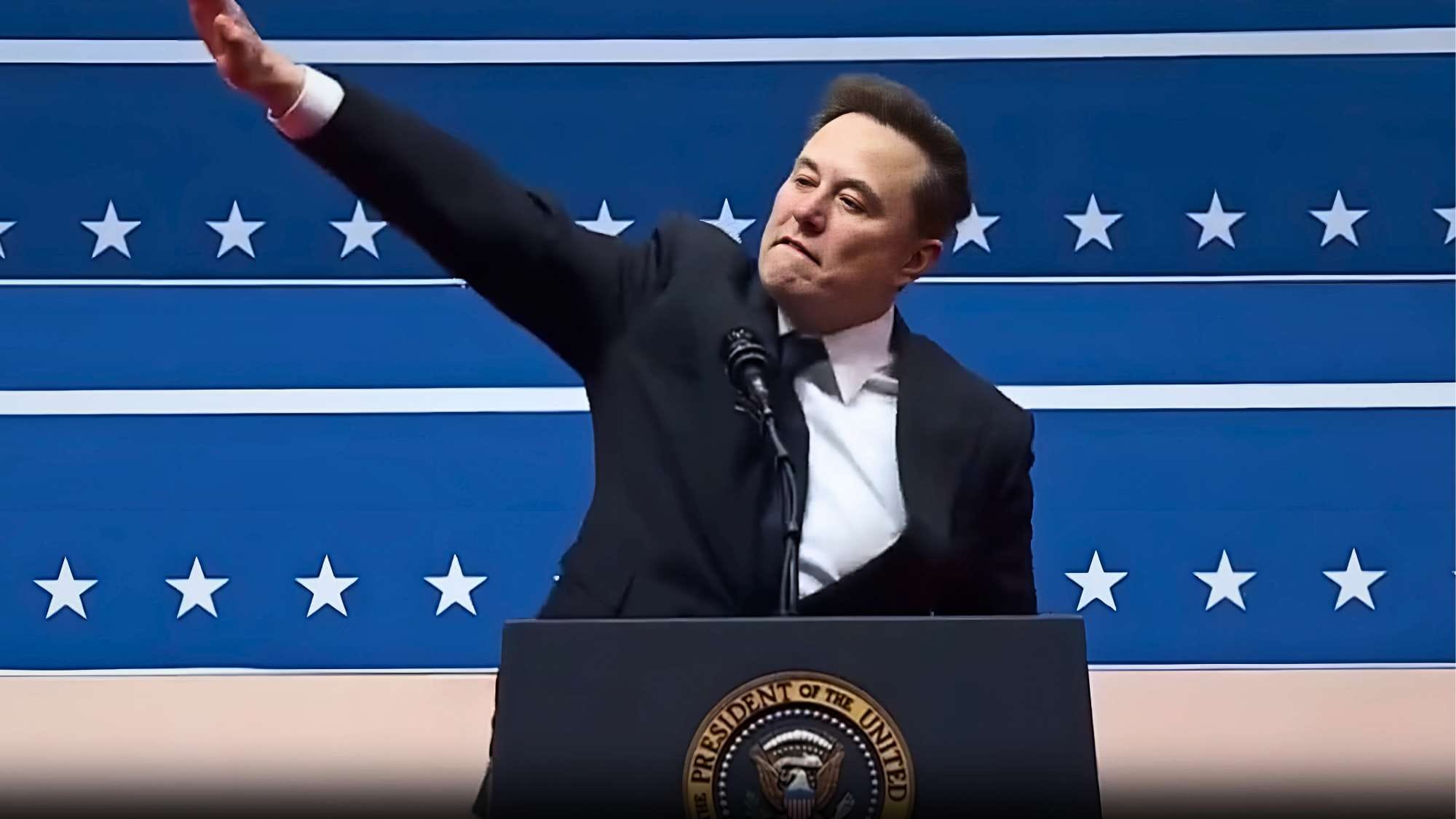
Although devoted to our pursue of historical truth while revisiting historical facts and events, there are times when contemporary stories force us to speak, research and set some things straight, like during Mark Zuckerberg's latest stunts regarding the Roman Empire, and his devotion to Augustus. Our newest story, features another tech mogul.
Elon Musk, the billionaire entrepreneur and newly appointed head of the “Department of Government Efficiency” (DOGE) under President Donald Trump’s second administration, has sparked controversy following his appearance at the post-inauguration celebration at Capital One Arena.
During his speech, Musk expressed gratitude to Trump supporters, stating, “It is thanks to you that the future of civilization is assured.” However, the event took a dramatic turn when Musk placed his hand on his chest and then raised it in a gesture strikingly similar to the infamous “Sieg Heil” salute used by Nazis.
The gesture ignited a firestorm on social media and news outlets, with critics condemning Musk for what appeared to be a fascist salute. Defenders quickly argued that Musk’s motion was intended as a Roman salute, though historical experts and observers have pointed out significant differences between the two gestures. The incident has left many questioning Musk’s intent, particularly as the political climate under Trump’s second term intensifies.
Elon Musk’s Plans with the US Government
Elon Musk’s controversial salute wasn’t the only reason for his headline-grabbing appearance at the inauguration. Trump named Musk and entrepreneur Vivek Ramaswamy to lead the newly created Department of Government Efficiency (DOGE).
This external commission is tasked with identifying inefficiencies within the federal government, recommending drastic cuts to programs and expenditures deemed non-essential. The department, which has drawn criticism for its lack of transparency, operates outside the federal bureaucracy, potentially violating government accountability laws.
Musk has long advocated for government downsizing and has publicly criticized wasteful spending on several occasions. In his speech, Musk declared his intention to “streamline federal operations,” aiming to cut back what he described as “unnecessary red tape” stifling innovation and economic growth. Critics have raised concerns over the commission’s accountability, with lawsuits already filed against the Trump administration claiming that DOGE violates transparency laws by operating outside federal oversight mechanisms.
What Is the Roman Salute?
In the aftermath of Musk’s gesture, many defenders claimed he was merely performing a Roman salute, an ancient gesture misattributed to Nazi ideology. The Roman salute, as we explored in our article The Roman Salute: How Did the Romans Greet Each Other?, was a symbolic gesture of loyalty and acknowledgment in ancient Rome.
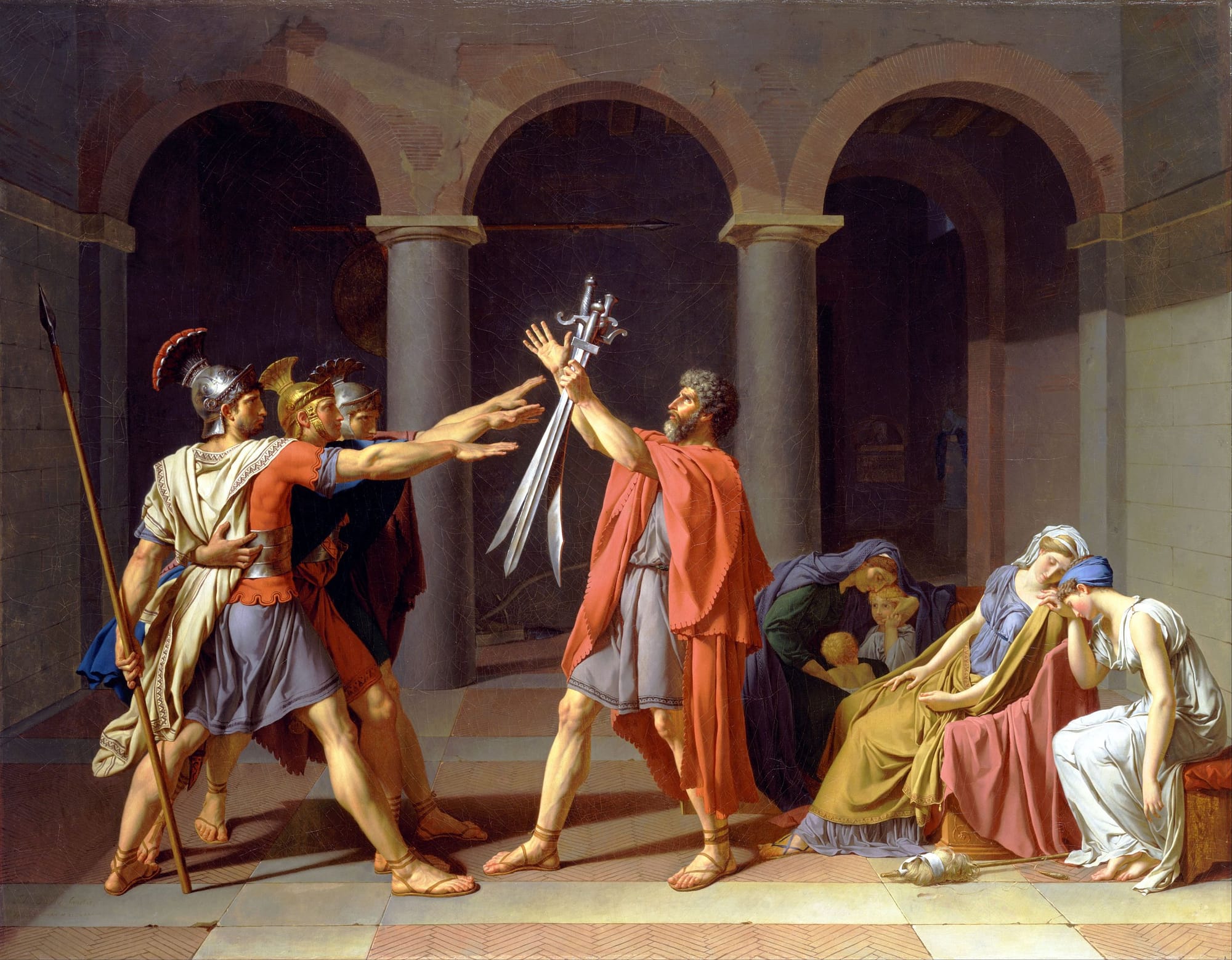
Though popularized in modern media depictions, there is little solid historical evidence that the Romans used this gesture in the way it is commonly imagined today.
The painting from Jacques Louis David, Oath of the Horatii, showing a common misconception of what a Roman salute looked like. Credits: Google Art Project, Public domain
The salute is often depicted as a raised arm, extended outward at an angle, typically performed during military or political gatherings to signify respect and allegiance. However, many historians suggest this romanticized interpretation originates from Renaissance art and 19th-century neoclassical representations of ancient Rome rather than from documented Roman practices.
The Differences Between the Roman and Nazi Salutes
Musk’s defenders also claimed that his gesture was distinct from the Nazi salute, arguing it more closely resembled the Roman salute. However, a closer look reveals key differences.
As outlined in our article, the Roman salute, if it existed, was generally performed with the palm facing downward and the arm extended diagonally. In contrast, the Nazi salute involves a fully extended arm with the palm facing outward in an upward trajectory, often accompanied by the cry “Sieg Heil.”
Observers noted that Musk’s gesture did not align with the Roman interpretation. His motion—placing a hand on his chest and abruptly raising it upward—was inconsistent with both historical and cinematic depictions of the Roman salute. The similarity to the Nazi salute, however, was uncanny, leading many to believe that Musk inadvertently or intentionally mimicked the fascist gesture.
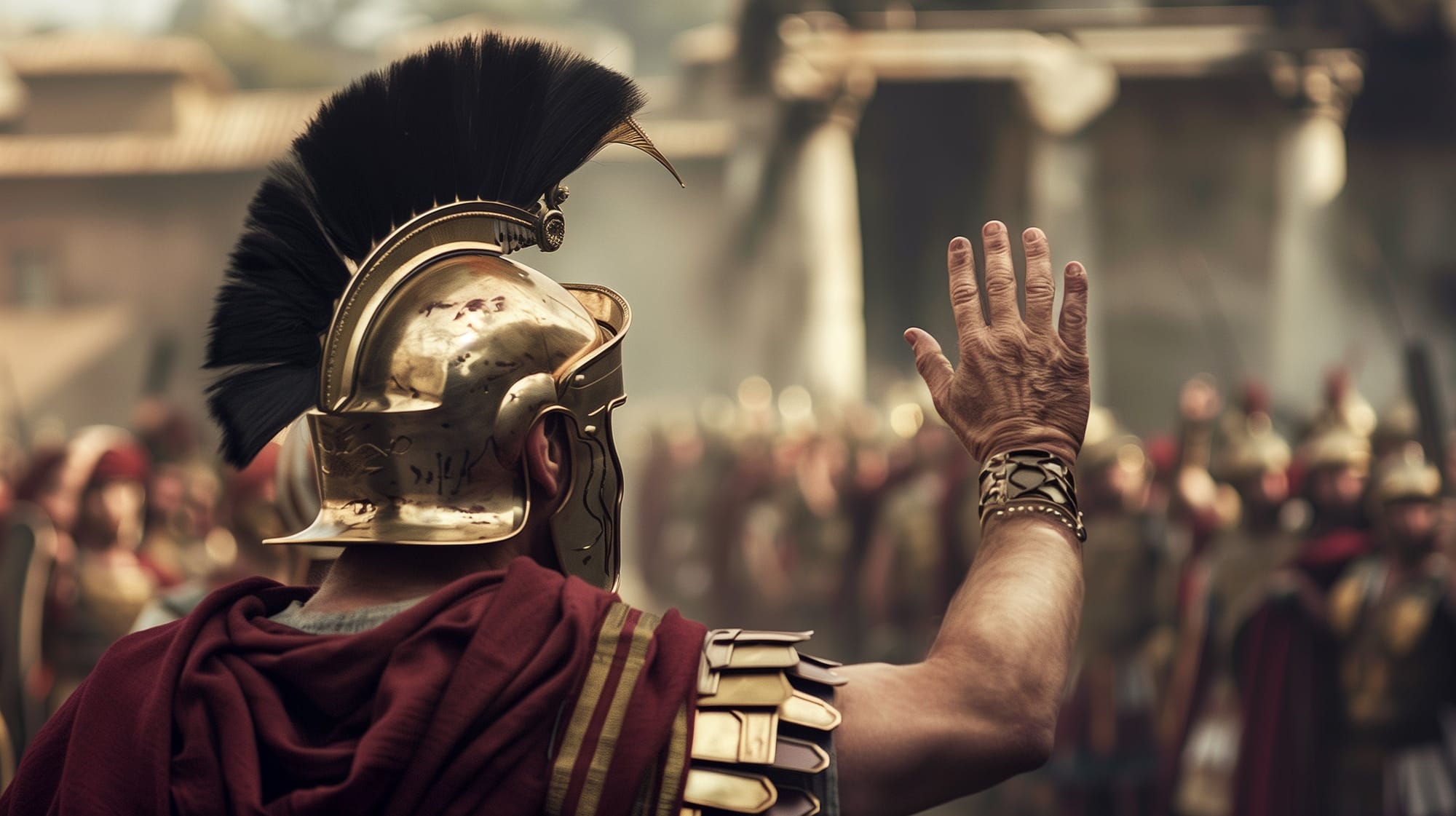
Was Elon’s Salute a Fascist One?
The controversy surrounding Musk’s gesture lies in the striking resemblance to the Nazi salute. His abrupt motion—a raised arm at an upward angle—ignited public outrage due to its historical associations with fascism. While Musk has yet to address the incident directly, it is difficult to classify the gesture as a Roman salute based on its execution and context.
Instead, the gesture appeared closer to a fascist salute, raising questions about its intent. However, some have speculated that the gesture may have been unintentional. Stress and anxiety, common during high-profile speeches, could have led to the awkward motion, resulting in an unfortunate misunderstanding.
Nevertheless, given the sensitive historical and cultural implications of such a gesture, public figures like Musk must exercise greater care in their actions. Regardless of intent, the incident underscores the potential for gestures to be misinterpreted in charged political environments.

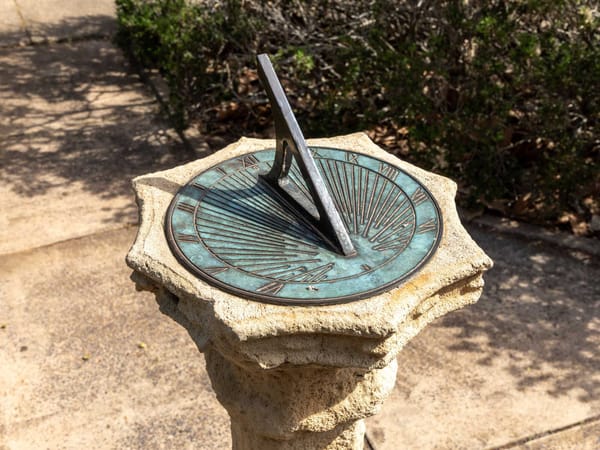
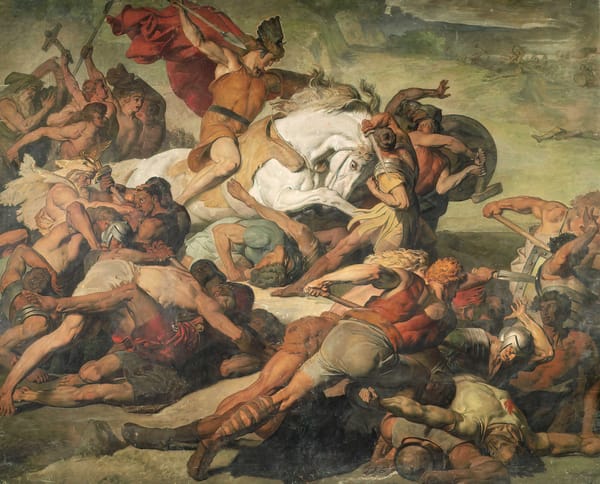
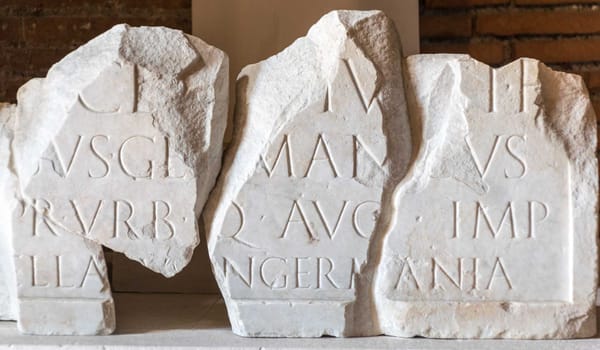
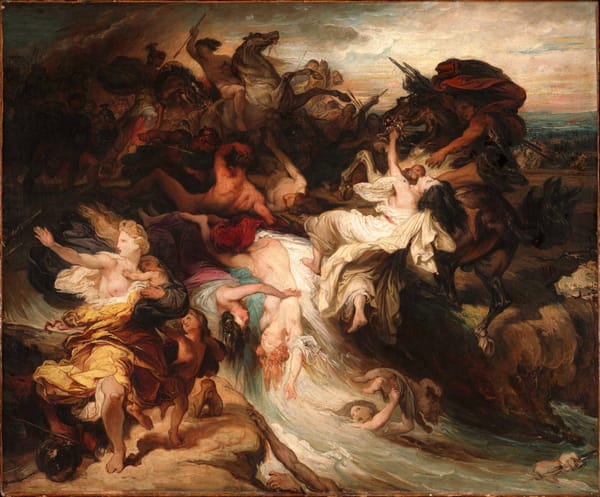
About the Roman Empire Times
See all the latest news for the Roman Empire, ancient Roman historical facts, anecdotes from Roman Times and stories from the Empire at romanempiretimes.com. Contact our newsroom to report an update or send your story, photos and videos. Follow RET on Google News, Flipboard and subscribe here to our daily email.
Follow the Roman Empire Times on social media: